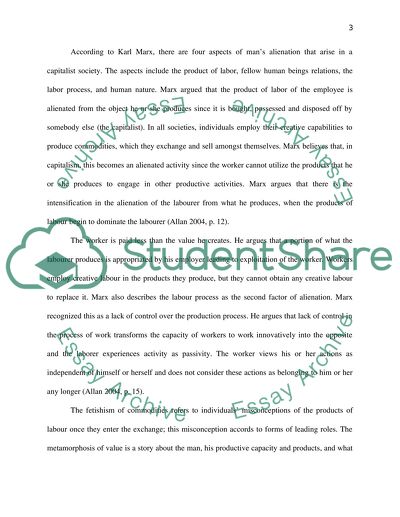Cite this document
(“Questions on Karl Marx Alienation, and J.S.Mill on Liberty Dissertation”, n.d.)
Questions on Karl Marx Alienation, and J.S.Mill on Liberty Dissertation. Retrieved from https://studentshare.org/history/1446557-questions-on-karl-marx-alienation-and-jsmill-on
Questions on Karl Marx Alienation, and J.S.Mill on Liberty Dissertation. Retrieved from https://studentshare.org/history/1446557-questions-on-karl-marx-alienation-and-jsmill-on
(Questions on Karl Marx Alienation, and J.S.Mill on Liberty Dissertation)
Questions on Karl Marx Alienation, and J.S.Mill on Liberty Dissertation. https://studentshare.org/history/1446557-questions-on-karl-marx-alienation-and-jsmill-on.
Questions on Karl Marx Alienation, and J.S.Mill on Liberty Dissertation. https://studentshare.org/history/1446557-questions-on-karl-marx-alienation-and-jsmill-on.
“Questions on Karl Marx Alienation, and J.S.Mill on Liberty Dissertation”, n.d. https://studentshare.org/history/1446557-questions-on-karl-marx-alienation-and-jsmill-on.


